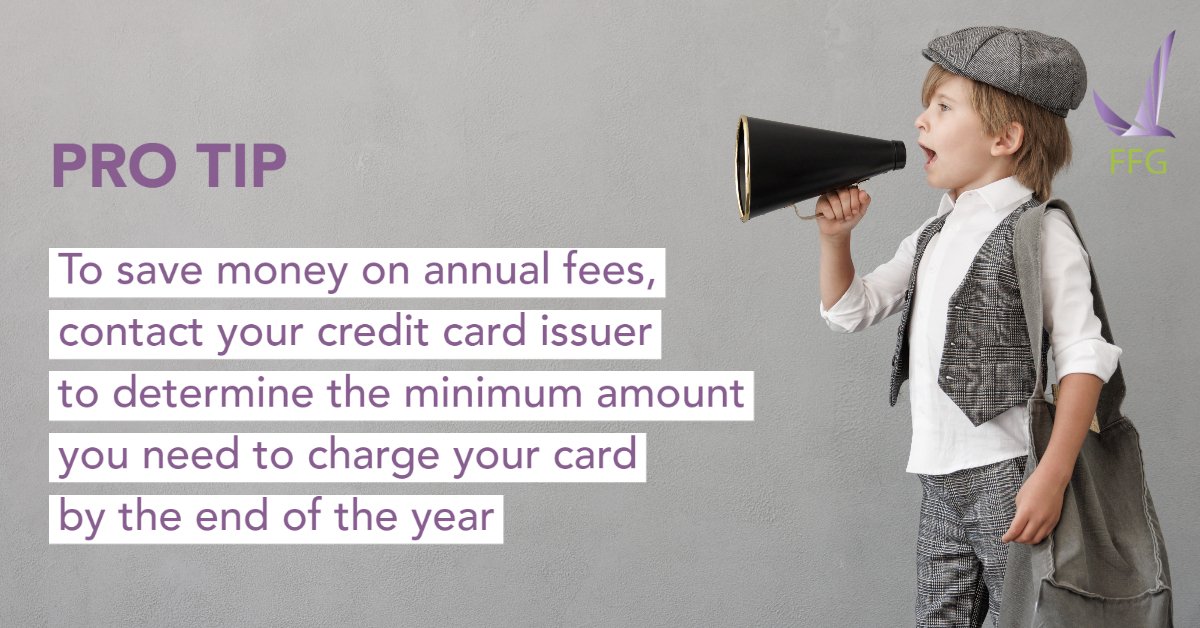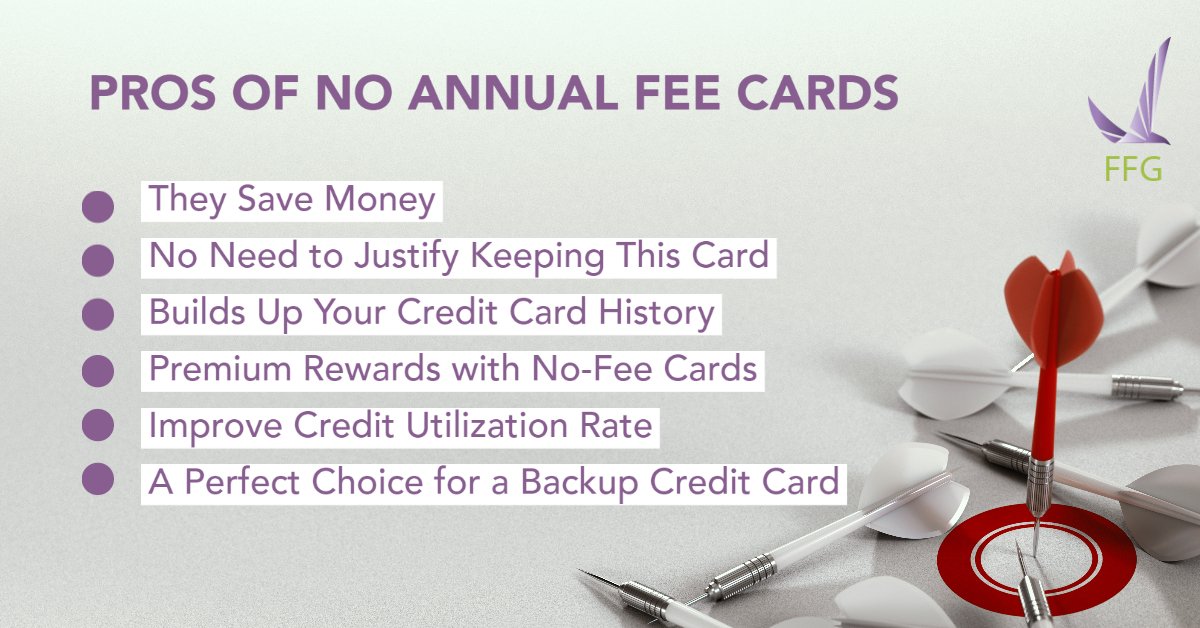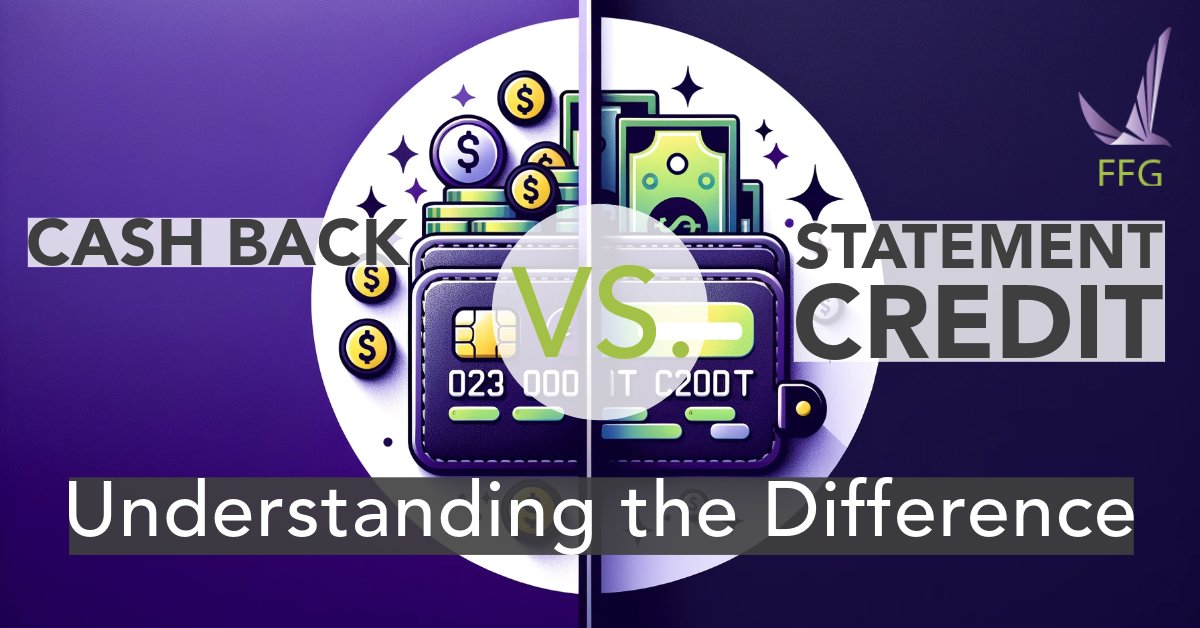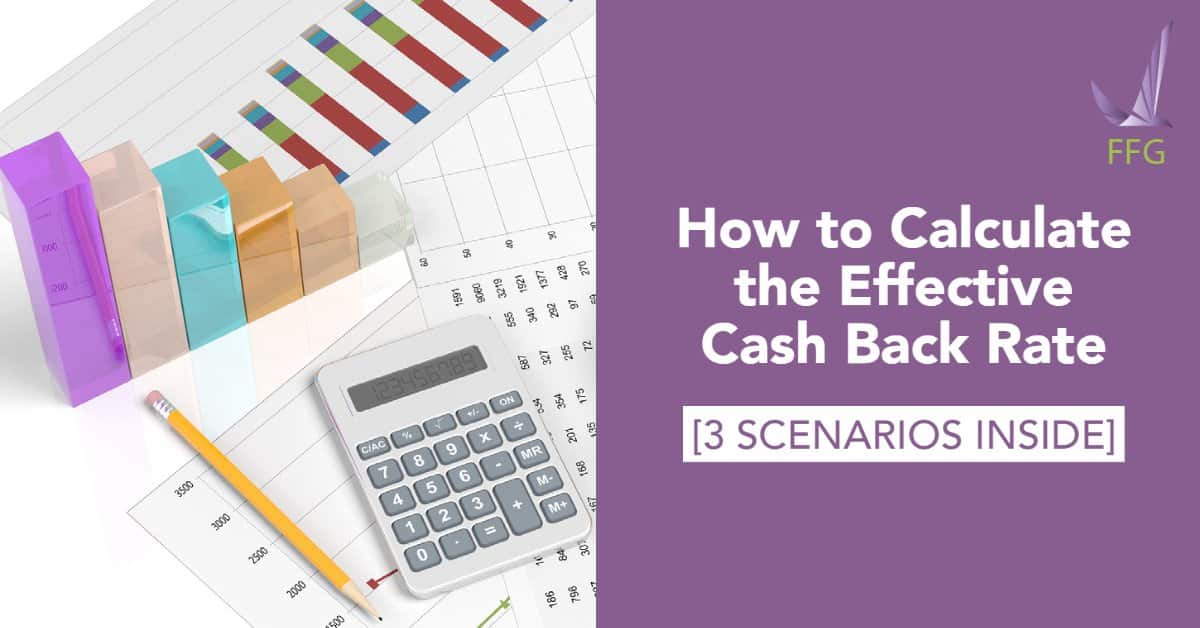Benefits and Drawbacks of No Annual Fee Credit Cards
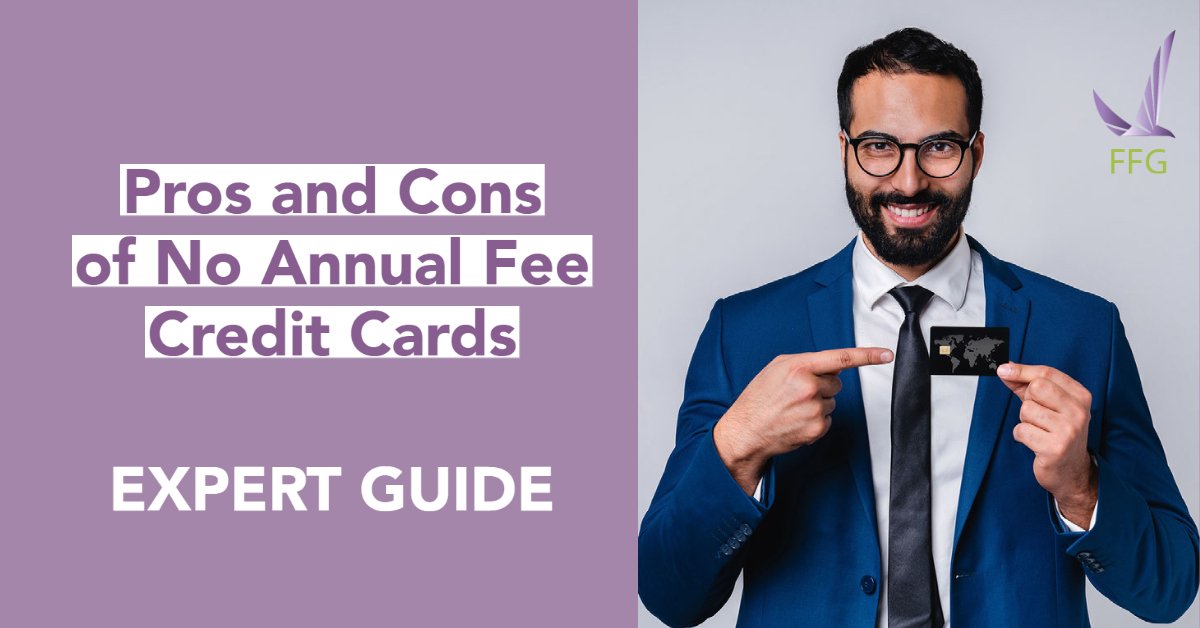
Table of Contents
Updated: March 29, 2023
You may have heard about “credit cards with no annual fee” on television or in internet ads. If you need clarification on what these cards are and the advantages and threats they pose, don’t worry. We’ve compiled this guide to help you understand these types of cards.
Before investigating the pros and cons of no annual fee cards, let’s clarify several things.
What Is an Annual Fee?
An annual fee is a standard credit card charge that automatically applies to your account yearly. In some cases, like AMEX cards, they might charge you monthly. This fee covers all the perks like rewards and insurance with your card.
How Much is a Standard Annual Fee?
Credit card annual fees can range from as low as $25 to as high as $699, depending on the benefits you receive. A higher fee usually accompanies a more premium perks package.
Why Do Credit Cards Have Annual Fees?
The bonuses you receive cost your credit card company money. This could be the percentage cashback your credit card company offers through various categories or the cost of travel rewards such as free Global Entry or upgrades to your travel experience.
Your credit card company uses part of this yearly charge to pay their customers for your rewards and perks. They use an amount of the fees to pay for goods and services from their third-party contractors.
When Do You Pay Credit Card Annual Fee?
The annual fee is applied in one of two ways. It can be charged once a year, in a specific month. The other method is to divide the expense into 12 equal payments, adding each payment to the monthly bill. This can be better if the cost is a large one. It is also a good option for a credit card with a small limit (to save on card utilization).
What Are the Types of Credit Cards with No Annual Fee?
It’s common to find cards that do not have an annual charge. They are more likely found on cards with premium perks or benefits of a high monetary value.
There are two types of no-annual-fee credit cards. They are the “no annual fee forever” card and the “no annual fee for the first year (sign-on bonus)” card.
- No Annual Fee Forever
A credit card with no annual fee forever will be free for the card’s lifetime. There is no promotional period before an expense is applied to your account. This card type is best for users who want to avoid paying for premium benefits. They think they will get little use out of it.
- No Annual Fee for the First Year
A standard option for cards that charge an annual fee is to waive it for the first year of the card’s life. The fee is automatically charged to the credit card account starting from the thirteenth month.
How Do I Get My Annual Fee Waived?
Remember to check out how closing the credit card account may impact your credit score before doing anything. You can switch to a different card (without an annual expense) from the same issuer. Doing so may result in fewer benefits available to the card account holder. You can cash in any bonuses before you switch cards.
Pro Tip
You can avoid the annual expense for subsequent years by charging a minimum amount to your card by the end of the year. Each card may have different minimum amounts. You will need to contact your credit card issuer for more information.
Pros of No Annual Fee Cards
Nevertheless, there is a lot of misinformation about cards with no annual fee, so we’ve compiled a list of advantages and disadvantages below.
Let’s review them, and by the time we’re done, you should understand all the benefits and limitations of these cards.
1. They Save Money
Removing an annual recurring cost from your credit card can save you up to $500 annually. You could use that money for something else.
In 2023, we face a banking crisis and the possibility of a hard recession. Now, more than ever, saving money and staying liquid is critical.
Remember, you are evaluating an annual fee for that shiny rewards card. You need to consider that you will be paying for it with post-tax dollars and the opportunity cost.
For example, if your effective tax rate is 40%, to afford a credit card fee of $499 in pre-tax dollars, you must earn $698.60 ($499 + 40%). Alternatively, you could invest the $698.60 in low-risk ETFs, with a rate of return of around 8%. This would earn you an additional $35-$70 in one year. You can use our savings calculator to forecast opportunity costs.
2. No Need to Justify Keeping This Card
If you use your card occasionally, it may be hard to justify paying the annual fee. You may be spending small amounts on the card, and your purchases must meet the threshold to qualify for rewards. Using a card without an annual fee makes better sense since it’s difficult to give a good reason for paying a yearly expense in these cases.
3. Builds Up Your Credit Card History
Your activities using no-fee cards are reported to the credit bureaus over time. This information is used to create your credit history, which helps lenders judge your credit risk.
4. Premium Rewards with No-Fee Cards
No annual fee card perks aren’t limited to primary benefits, like car rental insurance and fraud protection. There is a range of high-quality rewards on cards that don’t have an annual fee.
You can get flat-rate cash back, tiered cashback based on categories, or a sign-up bonus. It may be possible to find a no-annual-fee card that offers the kind of benefits that you want.
5. Improve Credit Utilization Rate
A credit utilization rate is calculated by dividing your total debt by your available credit.
For example, if your total credit is $10,000 and you have an outstanding balance of $4,000, your utilization rate is 40%.
A higher credit utilization rate will harm your credit score, as it indicates that you are borrowing more money. Some experts suggest that your credit utilization rate determines up to 30% of your credit score; thus, it is best to keep the utilization rate below 30%.
If you get approved for a credit card with no annual fee, your total available credit will increase, and your utilization rate will improve. The card will only cost you one credit inquiry.
6. A Perfect Choice for a Backup Credit Card
We strongly advise keeping a card with no annual fee as a backup to your main rewards cards. There are several reasons for it.
Professional credit card churners tend to apply for cards in the same places you might have heard of, such as the “Chase Trifecta” or super attractive AMEX bonuses. When they do that, they put all their eggs in one basket. If, for whatever reason, your Chase account gets blocked, you won’t have a credit card until they issue you a new one.
Last year, I lost my wallet, along with my credit cards. When I went to the DMV to get a driver’s license, they only accepted credit cards. If I hadn’t had a backup credit card, I would have had to wait ten days to pay for my new driver’s license.
Cons of No Annual Fee Credit Cards
1. Smaller Sign-Up Bonus
A no-fee card will have a smaller sign-up bonus than a similar card with a fee. Credit card issuers use this payment to offset the cost of sign-up benefits and other perks. If a card issuer does not charge fees, they take in less money to pay for sign-up bonuses.
2. No-Fee Card Bonuses Are Not As Rewarding As Their Annual Fee Card Counterparts
A credit card issuer may offer a no-fee version of a credit card with an annual fee. In this case, the customers with the annual fee card will benefit better.
Let’s look at the examples.
- American Express offers the Blue Cash Everyday Card with no annual fee and the Blue Cash Preferred Card for $95.
- With the Preferred card, you earn 6% cash back at supermarkets and on select streaming services, 3% at gas stations and in transit, and 1% on other purchases.
- Using the Everyday card, you earn 3% cash back at supermarkets, 2% at gas stations and select stores, and 1% on other purchases.
No-fee credit cards tend to have fewer extras offered per card. A card with an annual fee may offer a sign-up bonus, points on purchases, and premium travel incentives. This is in addition to primary perks. A no-fee card may offer a sign-up bonus and essential benefits only.
3. There May Not Be a Version of the Card You Want Without a Fee
Sometimes, you see a card with exceptional benefits. You may be unable to find a comparable card with no annual fee. In that case, you must get the card with the yearly charge.
We recommend calling the credit card company to determine if they can waive it. You may have to spend a minimum amount of money, which will be temporary.
You’ll have to remember to request it every year.
The Final Word from Financial Freedom Guru
No annual fee credit cards save you money by not charging you for benefits you can get for free. The rewards and bonuses you would be eligible for will be less than if you paid a fee.
Sometimes, choosing a card with an annual fee makes sense, and sometimes it doesn’t. Review the pros and cons listed above and choose a no-fee card wisely.

